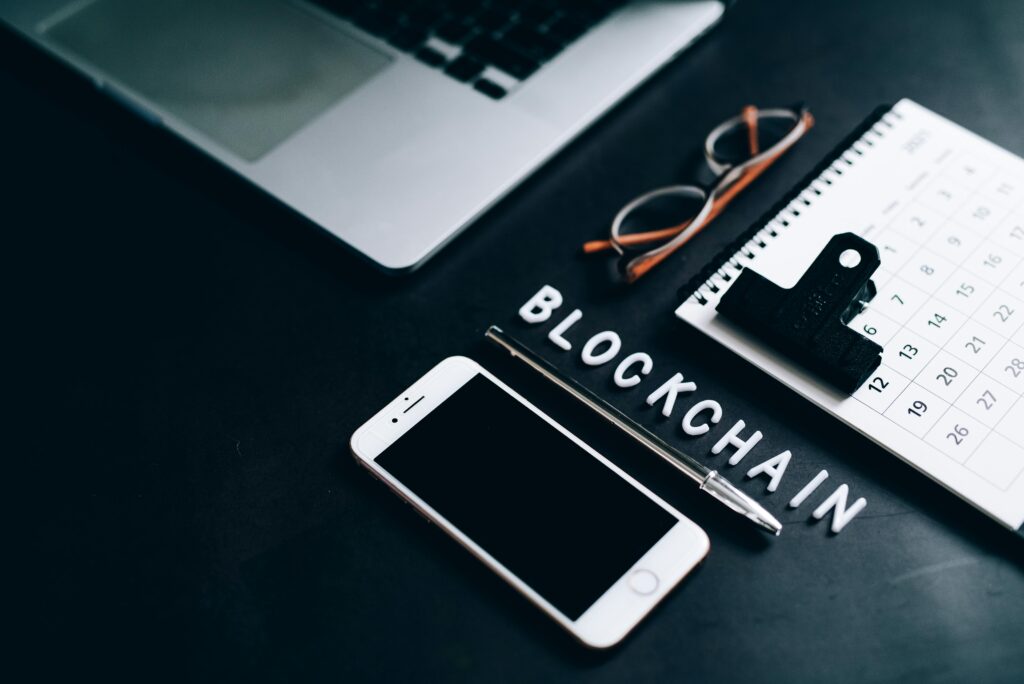
When people hear the word , they often think of Bitcoin or cryptocurrency. But blockchain is more than digital money—it is a revolutionary technology that is reshaping industries around the globe. Its power comes from being secure, transparent, and decentralized, making it a trusted system for recording and sharing information.
Instead of being controlled by a single authority, blockchain is distributed across many computers. This makes it harder to hack, more reliable, and easier to verify. Once data is recorded, it cannot easily be changed, creating trust between users. These features explain why is spreading rapidly beyond finance into healthcare, supply chains, real estate, and more.
Blockchain in Finance
Finance was the first industry to feel ’s impact. Cryptocurrencies allow people to send and receive money without banks, reducing costs and speeding up transactions. Decentralized finance (DeFi) platforms go further by offering loans, investments, and trading directly on blockchain systems.
Smart contracts—self-executing agreements coded on the blockchain—remove the need for middlemen like brokers or lawyers. This makes financial services more accessible, especially for people in areas without traditional banking.
Blockchain in Supply Chains

Global supply chains are often complex, with many steps from production to delivery. makes this process transparent by recording each step in an unchangeable digital ledger. For example, a clothing brand can track materials from factory to store, proving authenticity and fair sourcing.
This reduces fraud, limits counterfeiting, and builds trust between companies and consumers.
Blockchain in Healthcare
Healthcare deals with sensitive data, and keeping patient records safe is a challenge. provides a secure way to store medical information that can be shared with doctors, hospitals, or patients without risking privacy.
It also improves drug tracking. Fake medicines are a serious issue worldwide, but can confirm whether a drug is genuine by recording its journey from manufacturer to pharmacy.
Blockchain in Real Estate
Property transactions are often slow and full of paperwork.helps by storing land records and ownership details in a secure system that is easy to verify. Smart contracts can automatically complete sales once conditions are met, reducing delays and costs.
This makes buying or selling property more transparent and less prone to fraud.
Blockchain in Media and Entertainment
Artists, musicians, and content creators are using blockchain to protect their work. With non-fungible tokens (NFTs), creators can sell digital art, music, or videos directly to fans. Payments are fast, and ownership records are permanent.
This reduces reliance on middlemen and gives artists more control over their earnings.
Challenges Ahead
While is powerful, it faces obstacles. Some use large amounts of energy, raising environmental concerns. Others struggle to process high numbers of transactions quickly. Governments are also working to regulaten and cryptocurrency, which could slow adoption.
Another challenge is public awareness. Many people still do not fully understand how blockchain works, making it harder to trust or adopt.
Final Thoughts
is not just a trend—it is a major technological shift. By offering transparency, security, and decentralization, it is changing industries from finance and healthcare to supply chains and entertainment.
Although challenges remain, the benefits of blockchain are too strong to ignore. In the coming years, we can expect this technology to continue disrupting industries and creating new opportunities across the world.


